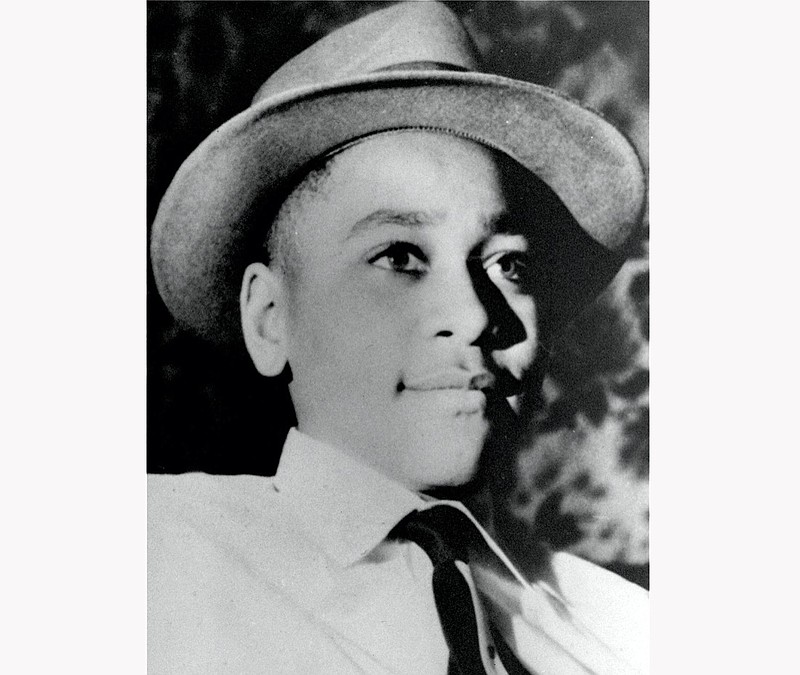SUMNER, Miss. (AP) - A Mississippi institution is receiving a grant to advance its work in teaching people about the legacy of Emmett Till, a Black teenager from Chicago whose lynching by white people in Mississippi in 1955 spurred the civil rights movement.
The Andrew W. Mellon Foundation recently announced that it is giving grants to five projects across the United States. One of grants is $691,750 to the Emmett Till Interpretive Center in Sumner, Mississippi.
The foundation said in a news release that the center will use the money "to support racial healing efforts that include historic preservation, community building activities in the Mississippi Delta and a year-long strategic planning process to coordinate the preservation of the Mamie and Emmett Till story across the Mississippi Delta and in Chicago."
Till was visiting relatives in Mississippi when white men abducted him from his uncle's home on Aug. 28, 1955, accusing the 14-year-old of flirting with a white woman as she worked at a store in the rural community of Money. His mutilated body was pulled from the Tallahatchie River three days later.
His mother, Mamie Till Mobley, insisted on an open casket at his funeral in Chicago so the world could see how racism had led to her son's death. Jet magazine and The Chicago Defender newspaper published photos of his corpse, and those photos motivated people to push for civil rights.
